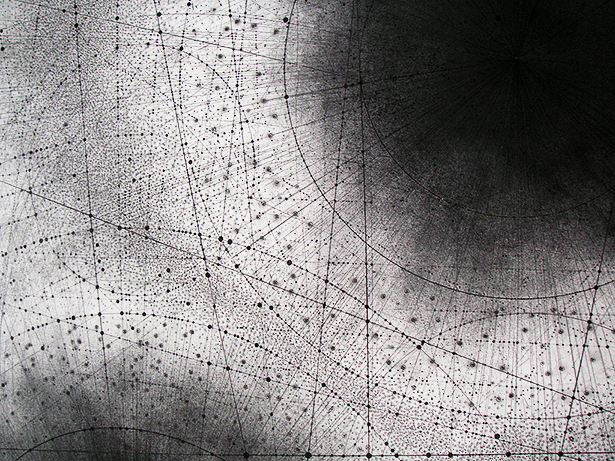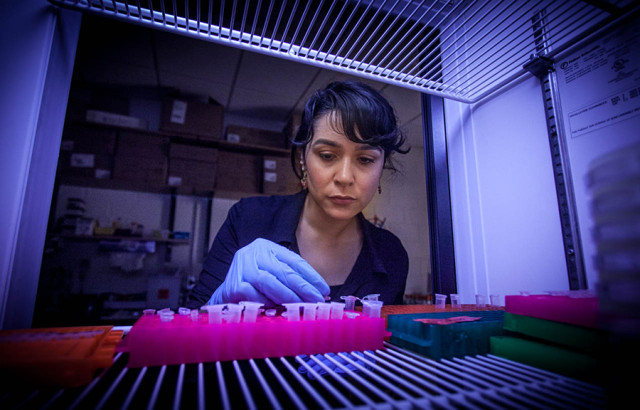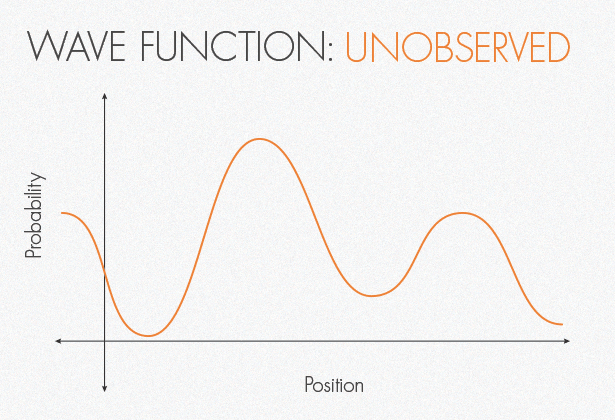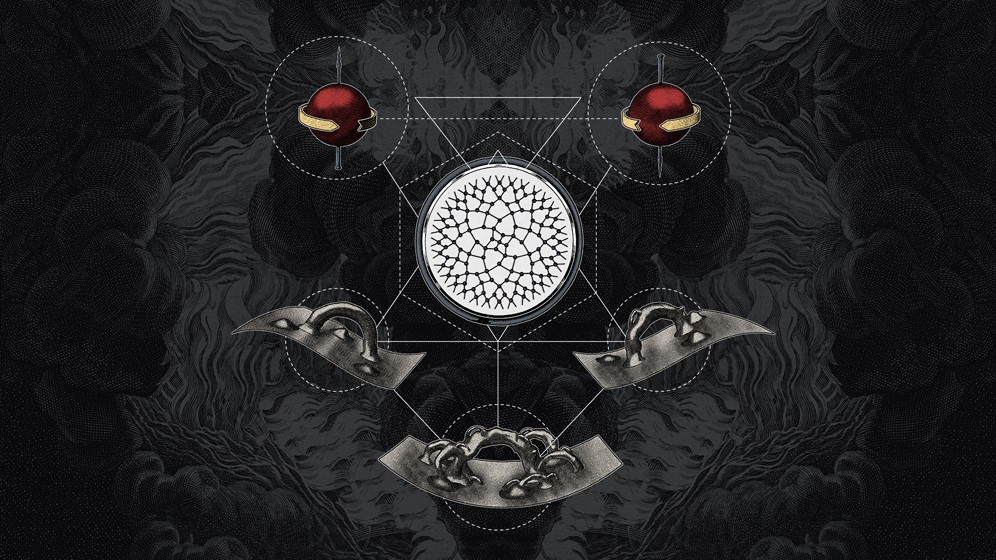Quanta
-

The Fuzzball Fix for a Black Hole Paradox
By replacing black holes with fuzzballs — dense, star-like objects from string theory — researchers think they can avoid some knotty paradoxes at the edge of physics.
-

Biologists Invoke the Past in Modern Bacteria
By swapping ancient genes into modern E. coli, scientists hope to tease out the rules of evolution.
-

A Design Dilemma Solved, Minus Designs
A 150-year-old conundrum about how to group people has been solved, but many puzzles remain.
-

A Private View of Quantum Reality
Quantum theorist Christopher Fuchs explains how to solve the paradoxes of quantum mechanics. His price: physics gets personal.
-

A New Theory to Explain the Higgs Mass
One of the greatest mysteries in physics could be solved by a mattress-like axion field that permeates space and time.
-

Will Computers Redefine the Roots of Math?
When a legendary mathematician found a mistake in his own work, he embarked on a computer-aided quest to eliminate human error. To succeed, he has to rewrite the century-old rules […]
-

The Particle That Broke a Cosmic Speed Limit
Physicists are beginning to unravel the mysteries of ultrahigh-energy cosmic rays, particles accelerated by the most powerful forces in the universe.
-

A Surprise for Evolution in Giant Tree of Life
Researchers build the world’s largest evolutionary tree and conclude that species arise because of chance mutations — not natural selection.
-

The Quantum Fabric of Space-Time
Brian Swingle was a graduate student studying the physics of matter at the Massachusetts Institute of Technology when he decided to take a few classes in string theory to round out […]
